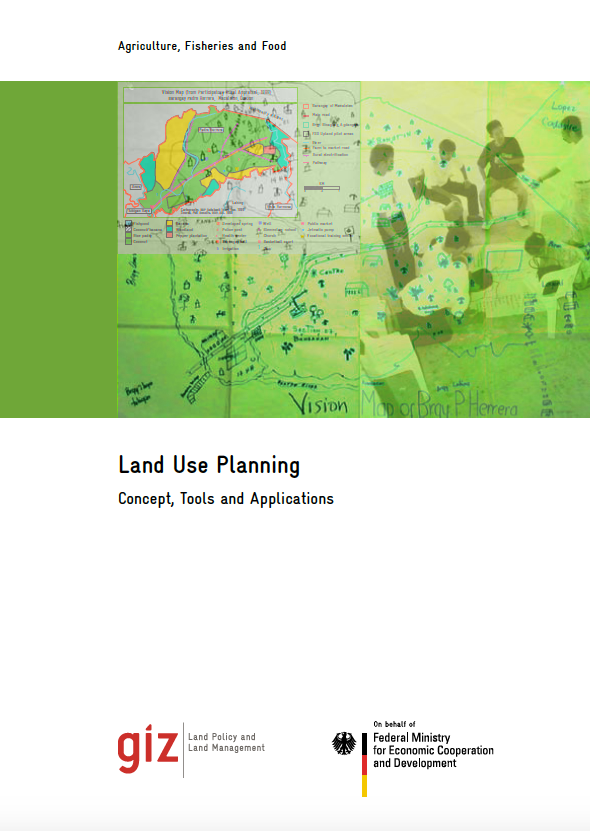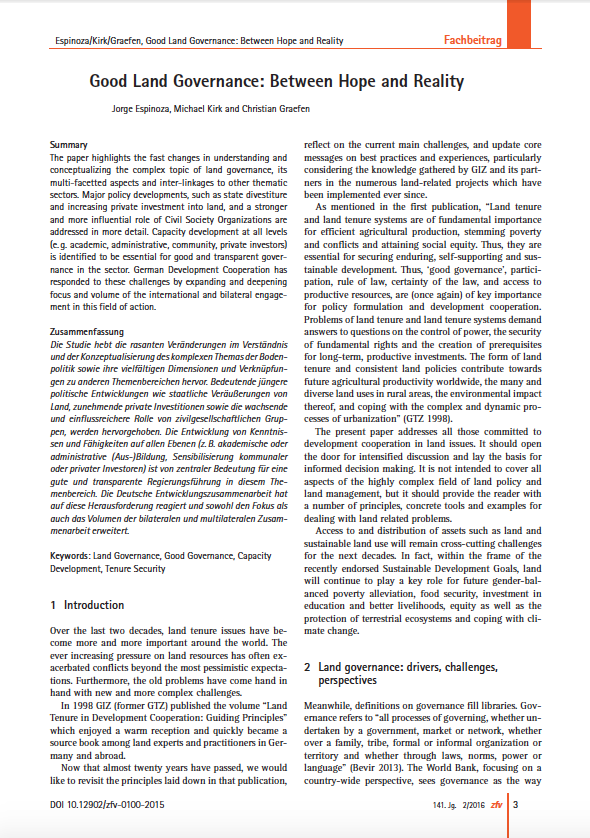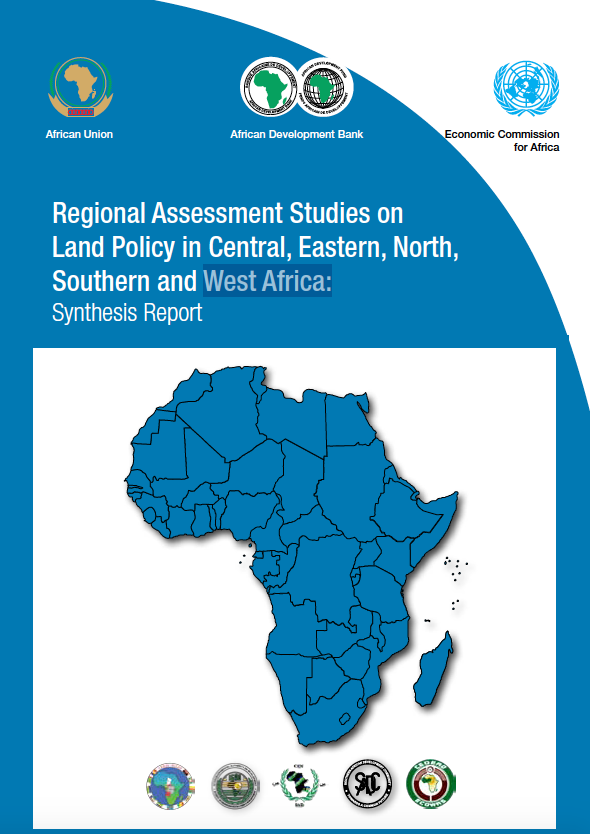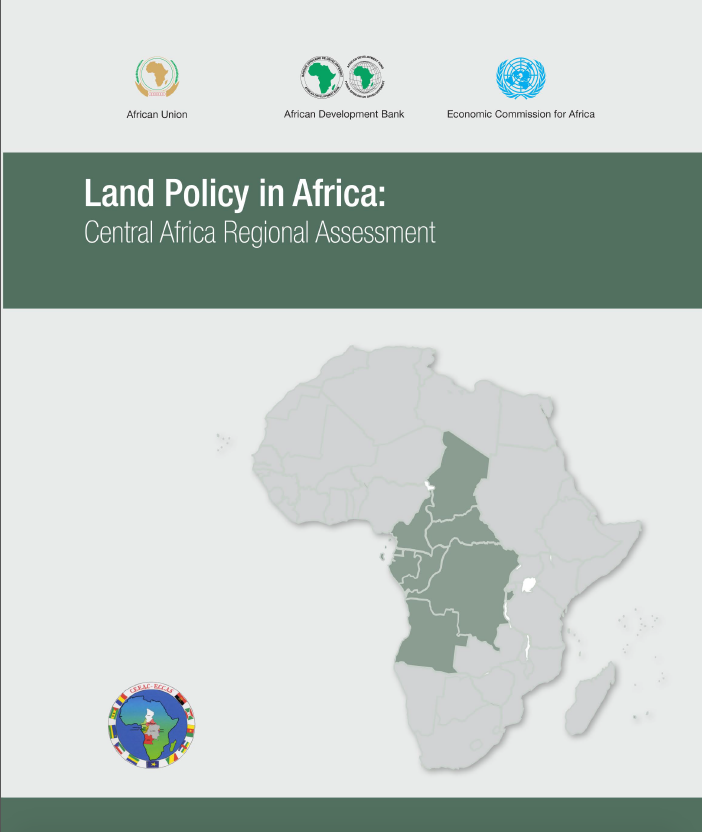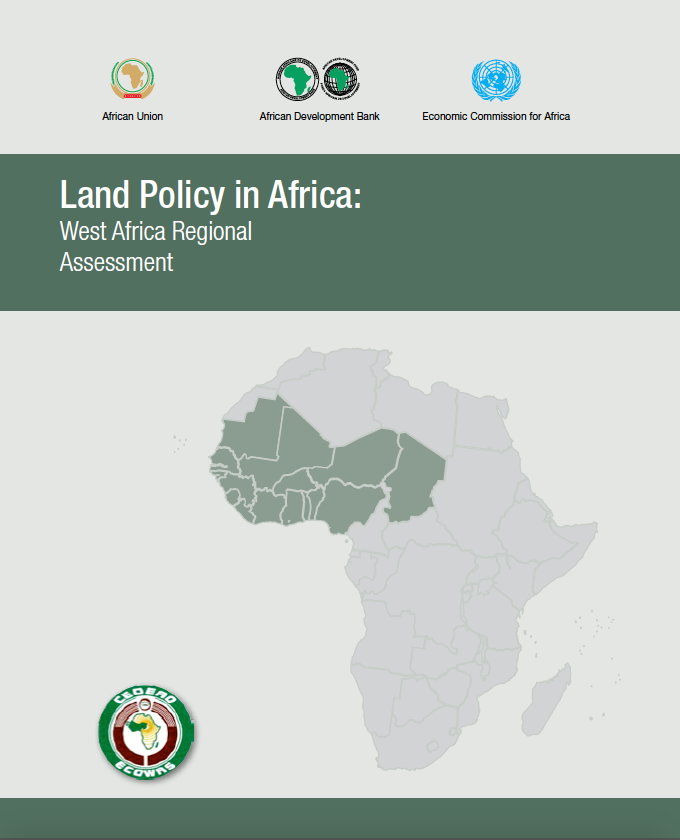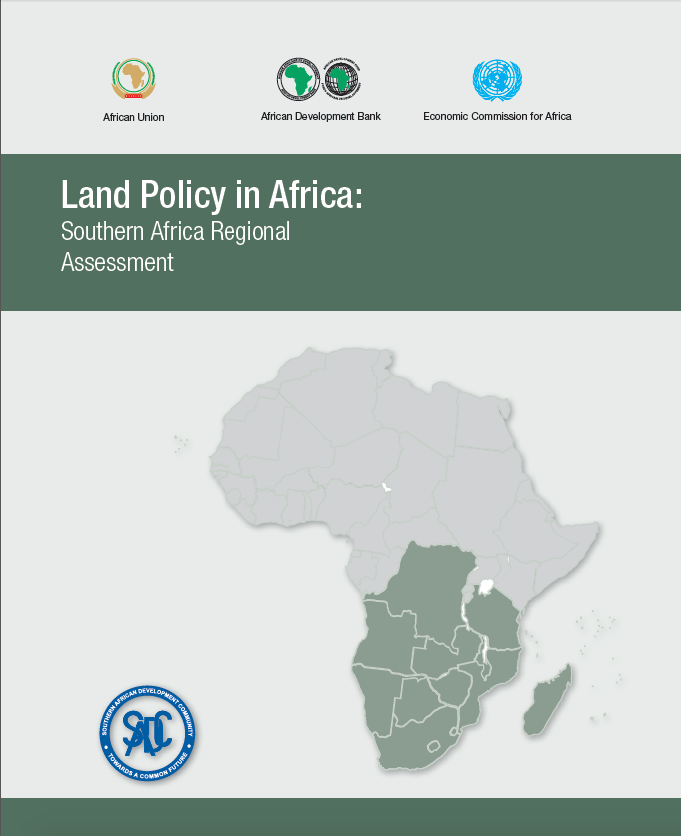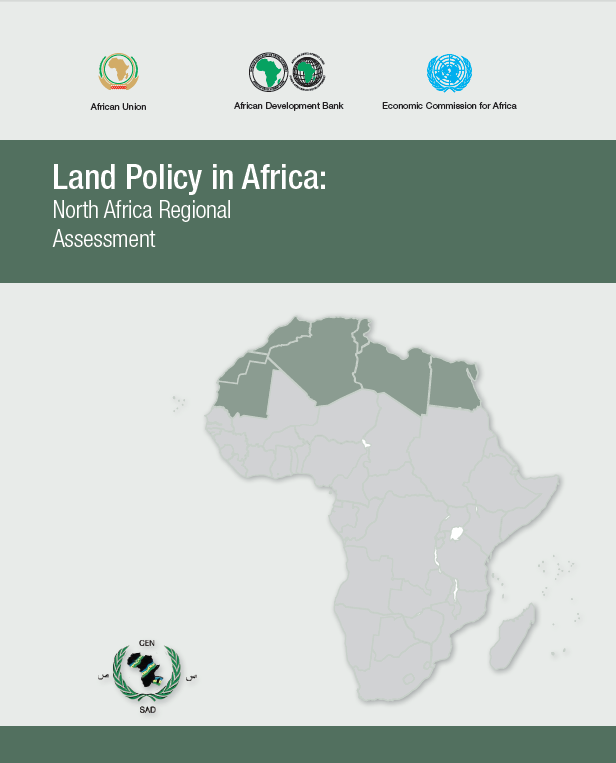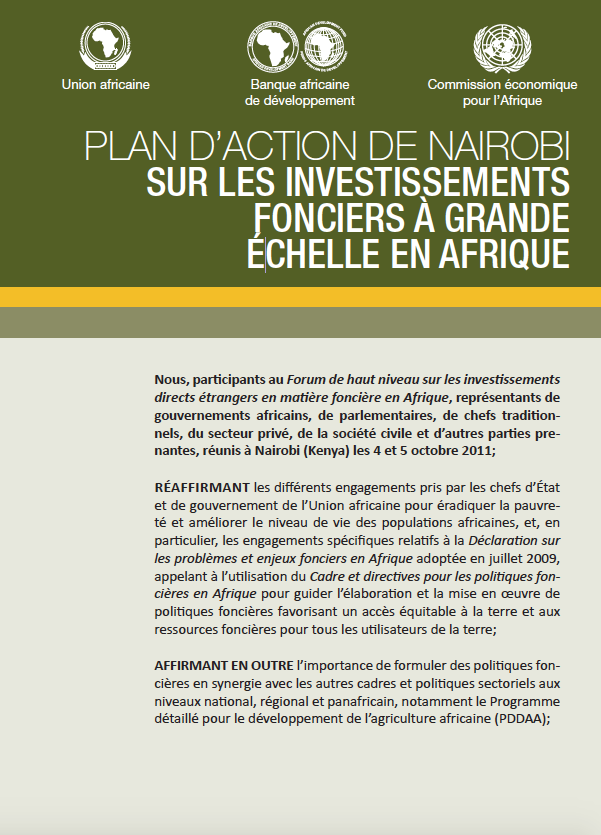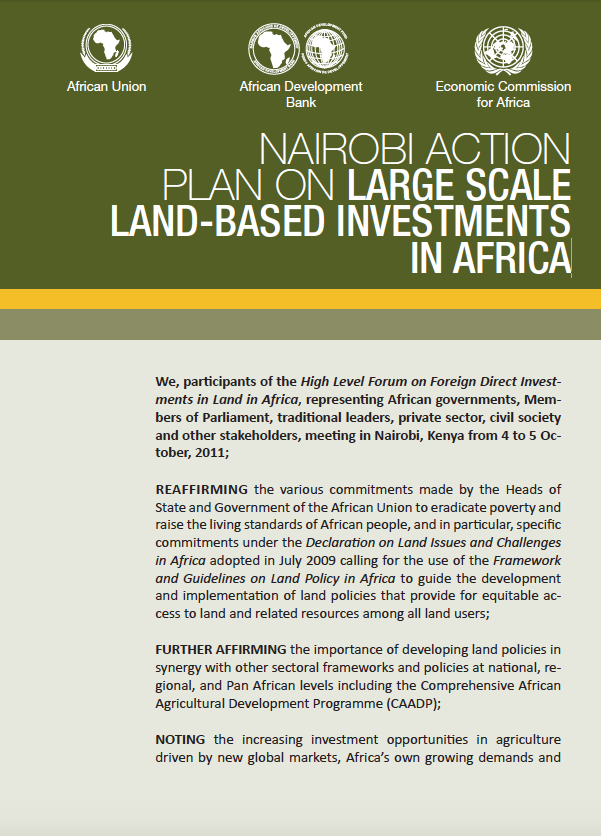Details
Location
Contributions
Displaying 1841 - 1850 of 2403Land Use Planning Concept, Tools and Applications
Land is a scarce resource increasingly affected by the competition of mutually exclusive uses. Fertile land in rural areas becomes scarcer due to population growth, pollution, erosion and desertification, effects of climate change, urbanization etc. On the remaining land, local, national and international users with different socioeconomic status and power compete to achieve food security, economic growth, energy supply, nature conversation and other objectives. Land use planning can help to find a balance among these competing and sometimes contradictory uses.
Good Land Governance: Between Hope and Reality
The paper highlights the fast changes in understanding and conceptualizing the complex topic of land governance, its multi-facetted aspects and inter-linkages to other thematic sectors. Major policy developments, such as state divestiture and increasing private investment into land, and a stronger and more influential role of Civil Society Organizations are addressed in more detail. Capacity development at all levels (e. g. academic, administrative, community, private investors) is identified to be essential for good and transparent governance in the sector.
Regional Assessment Studies on Land Policy in Central, Eastern, North, Southern and West Africa: Synthesis Report
This Synthesis Report is a synopsis of the outcomes of the regional assessment reports, which were based on studies and subsequent consultations in five regions of Africa. These reports show that some land related issues are common to all regions in the continent while others are region specific. Issues common to the whole continent are those related to: state sovereignty over land; legal pluralism; gender biases in access to land; land tenure security; and land and conflicts.
Land Policy in Africa: Central Africa Regional Assessment
The Central African region includes Angola, Burundi, Cameroon, Central African Republic, Chad, Congo, Democratic Republic of Congo, Equatorial Guinea, Gabon, Sao Tome & Principe. The region is characterized by its high diversity, as it reflects all types of ecosystems of the continent. The region is most known as hosting one of the world’s richest forest biodiversity as well as valuable natural resources such as mineral resources and oil. The population of Central African region was estimated at some 121 000 000 inhabitants in 2007. However this population is unevenly distributed.
Land Policy in Africa: West Africa Regional Assessment
The African Union Commission (AUC), the United Nations Economic Commission for Africa (ECA) and the Africa Development Bank (AfDB), acting as a consortium, have launched a joint initiative to develop a land policy framework in Africa to strengthen land rights, enhance productivity and secure livelihoods. Working in close collaboration with the regional economic communities (RECs), regional studies and regional consultations are being conducted to provide inputs into the development of the framework. This report is on the West Africa region.
Land Policy in Africa: Southern Africa Regional Assessment
Southern Africa is one of the most well endowed regions in the continent in terms of mineral and natural resources. However, the region is facing serious environmental challenges such as land degradation, deforestation and water stress in specific areas.
Land Policy in Africa: North Africa Regional Assessment
The countries in North Africa share an arid and semi-arid environment with high diversity: mountainous areas run alongside maritime areas and desert. The population of the region was estimated at 160 million people in 2005 and is expected to be more than 270 million in 2030. Most of the population will live in urban areas. Currently, urban dwellers in North Africa represent more than 50% of the population and are expected to be more than 60% by 2030. However, the urban system in North Africa is suffering urban primacy.
Land Policy in Africa: Eastern Africa Regional Assessment
The African Union Commission (AUC) and African Heads of State and Government are committed to providing a conducive environment for economic growth, poverty reduction and equitable sustainable development. In this context, the quality of governance of land and natural resources is an important factor. Accordingly, better performance of land policies and institutions is required to deliver development goals. Land reforms must equitably address the needs of all land users, including smallholder farmers, the private sector, the urban poor and slum dwellers.
Plan d’action de Nairobi sur les Investissements fonciers à grande échelle en Afrique
Plan d’action de Nairobi sur les Investissements fonciers à grande échelle en Afrique
Nairobi action plan on large-scale land based investments in Africa
Nairobi action plan on large-scale land based investments in Africa


